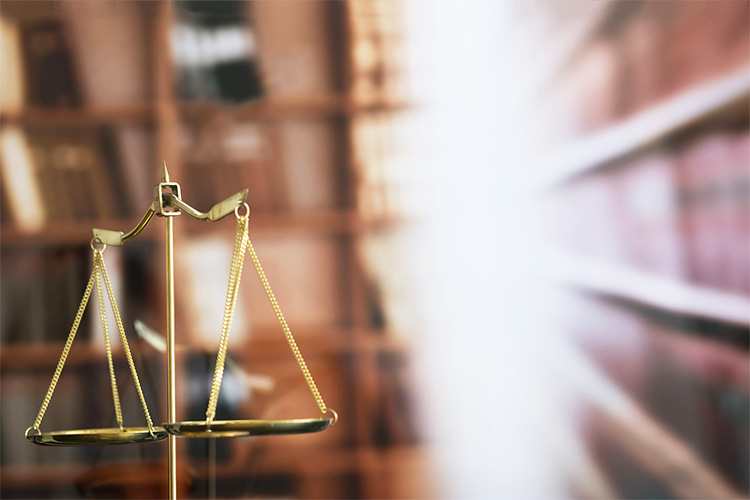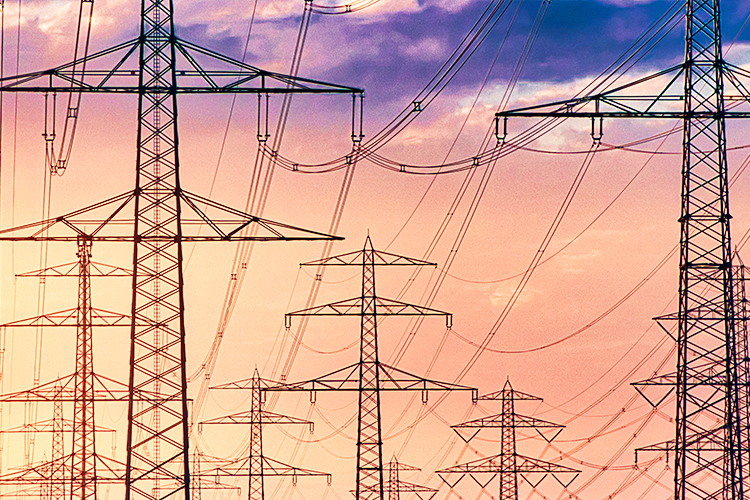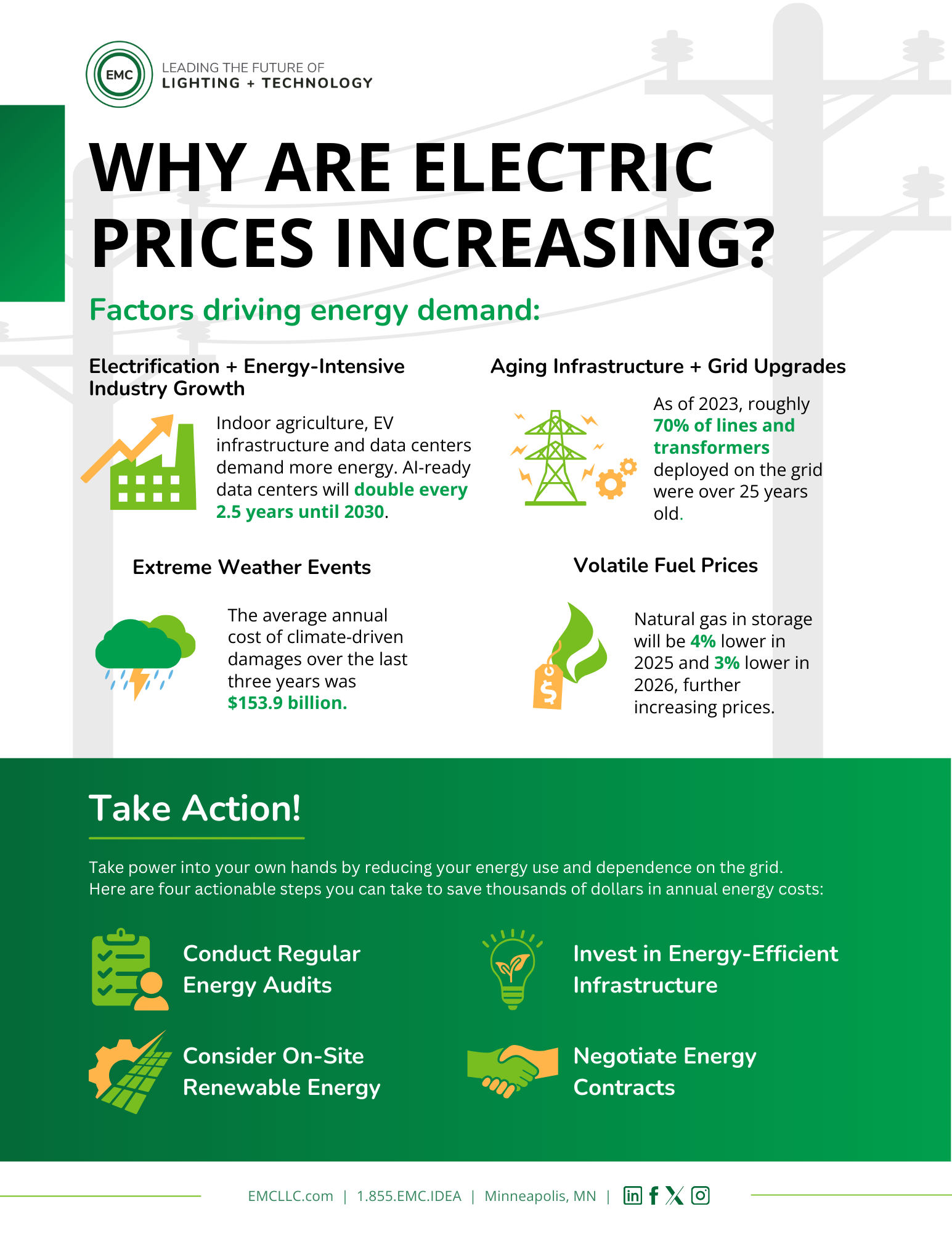Tax Law Changes Mean Now May Be the Time to Take Advantage of Building Incentives
June 16, 2021
Tax incentives put in place to fight the pandemic and stimulate the economy make now an opportune time to advance your indoor air quality projects. Installing UV-C and near-UV (405 nm) lighting, photocatalytic disinfection, HVAC and IoT solutions not only keep people save and healthy, they can also deliver energy efficiencies that further advance sustainability and savings.
Here are the changes and what they can mean for your projects:
Energy Efficient Commercial Buildings Deduction
More commonly known as the §179D Deduction, this incentive was renewed for 2021 and is now a permanent part of the tax code with adjustments for future inflation. Previously, it was an annual provision that expired at the end of the year, subject to Congress' action to renew for the following year.
A §179D tax deduction of up to $1.80 per square foot is available to owners of new or existing buildings who install interior lighting, heating, cooling or ventilation that reduce the building's total energy and power cost by 50% or more in comparison to ASHRAE minimum requirements. Energy savings must be calculated using qualified computer software.
What it means for your projects: This deduction allows taxpayers to immediately expense the cost of most improvements involving UV-C and near-UV lighting, photocatalytic disinfection, HVAC and IoT solutions.
Without §179D, the cost of these improvements would be depreciated over 39 years for commercial property, 27.5 years for residential property or 15 years for qualified improvement property.
The tax benefit is a federal tax deduction from $0.30 per square foot to $1.80 per square foot. If the entire building does not meet the 50% energy reduction test, a partial expense can still be claimed, limited to the lesser of 50% of the project cost (less incentives/rebates) or $0.60 per square foot for each of the building subsystems that meets an applicable energy efficient test. A simplified method is also available for lighting only, which allows a prorated deduction ranging from $0.30 to $0.60 per square foot as the lighting power density decreases from 25% to 40% of standard.
CARES Act QIP Changes
The Coronavirus Aid, Relief and Economic Security (CARES) Act Qualified Improvement Property (QIP) changes necessitate that building owners take advantage of available bonus depreciation. Before the enactment of the CARES Act, prior law required QIP placed in service subsequent to December 31, 2017, to use a 39-year tax life and the property was not eligible for bonus depreciation.
QIP is defined as any improvement made by a taxpayer to an interior portion of a nonresidential building (e.g., health care facilities, office buildings, logistic facilities, factories) placed in service after the building was initially placed in service.
What it means for your projects: QIP can include lighting upgrades, retrofits and heating and air conditioning equipment, including UV-C and near-UV lighting, photocatalytic disinfection, HVAC and IoT solutions. It excludes expenditures for the enlargement of the building, elevators and escalators or the building's internal structural framework.
The CARES Act retroactively changed this recovery period to 15 years, which made QIP bonus depreciation eligible through 2026. This means that under current law, the first-year bonus depreciation percentage increases to 100% for qualified property acquired and placed in service between September 28, 2017 and December 31, 2022. After 2023, bonus depreciation will still be available for both new and used qualified property, but with reduced percentages.
Combined Incentives
Remember that you can combine your deduction with other available incentives such as renewable energy tax credits and utility rebates. Payback periods of two years or less are possible when these federal programs are combined with other incentives. EMC's incentives department focuses on maximizing strategies to achieve the best ROI for our customers.
These opportunities relate to federal tax law only and this shouldn't be taken as tax or legal advice. You'll want to consult your tax advisor for more specific guidance based on your unique tax filings.
As your complete turnkey partner EMC can review the buildings in question, help you determine eligibility, work on the design, purchase and install your chosen indoor environmental quality solution and provide the required certification reports.
Kent Shields is the general manager of EMC’s Specialty Lighting business unit with a focus on UV-C disinfection products, grow lights and human-centric lighting. Prior to EMC, Kent was President of L70 Technologies, a leading innovative product development engineering firm. Kent holds a mechanical engineering degree from Purdue University and a MBA from the University of Minnesota.


